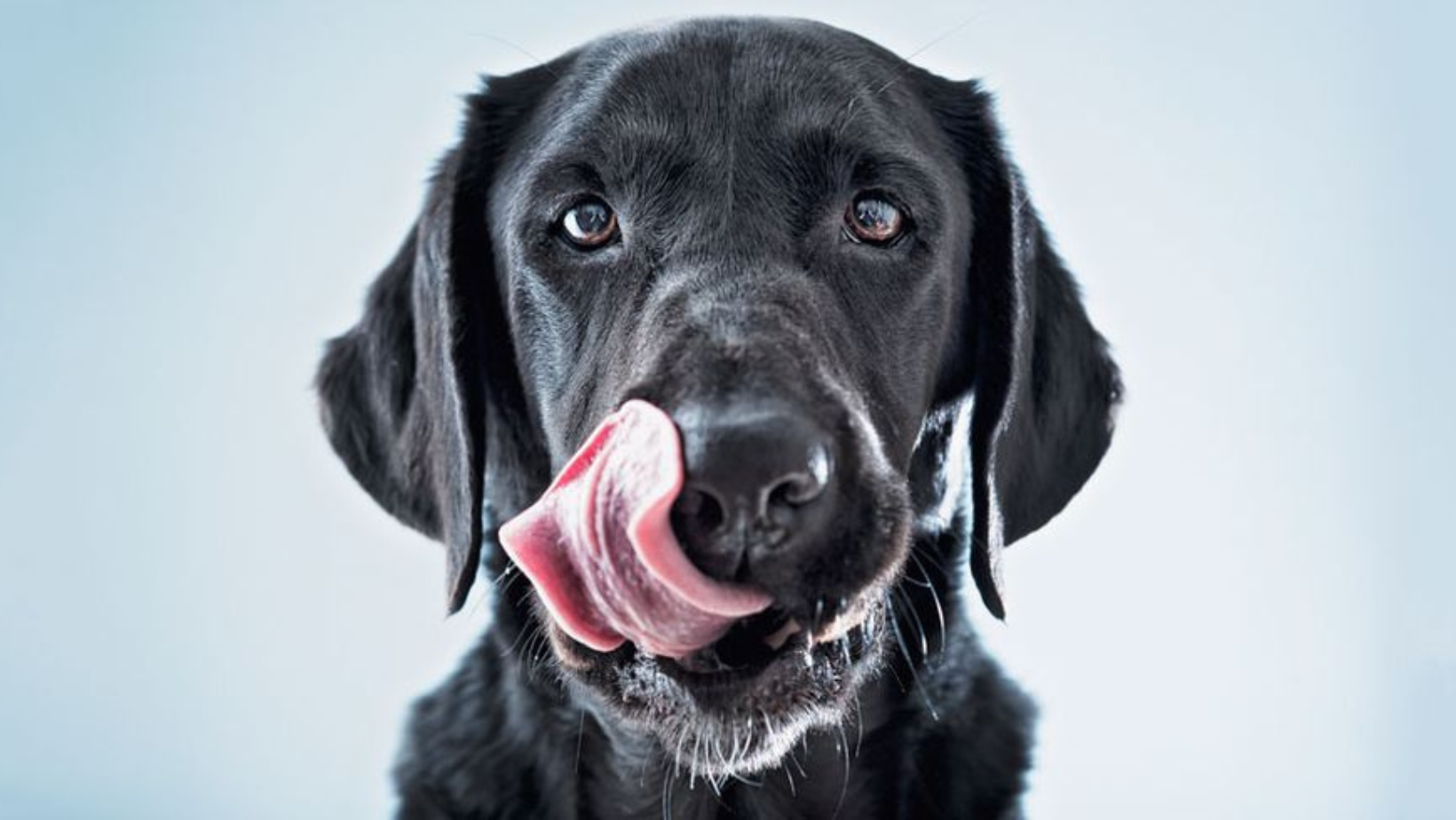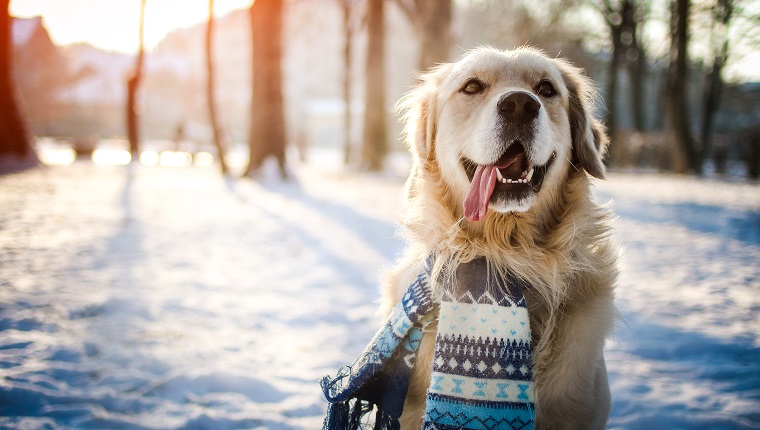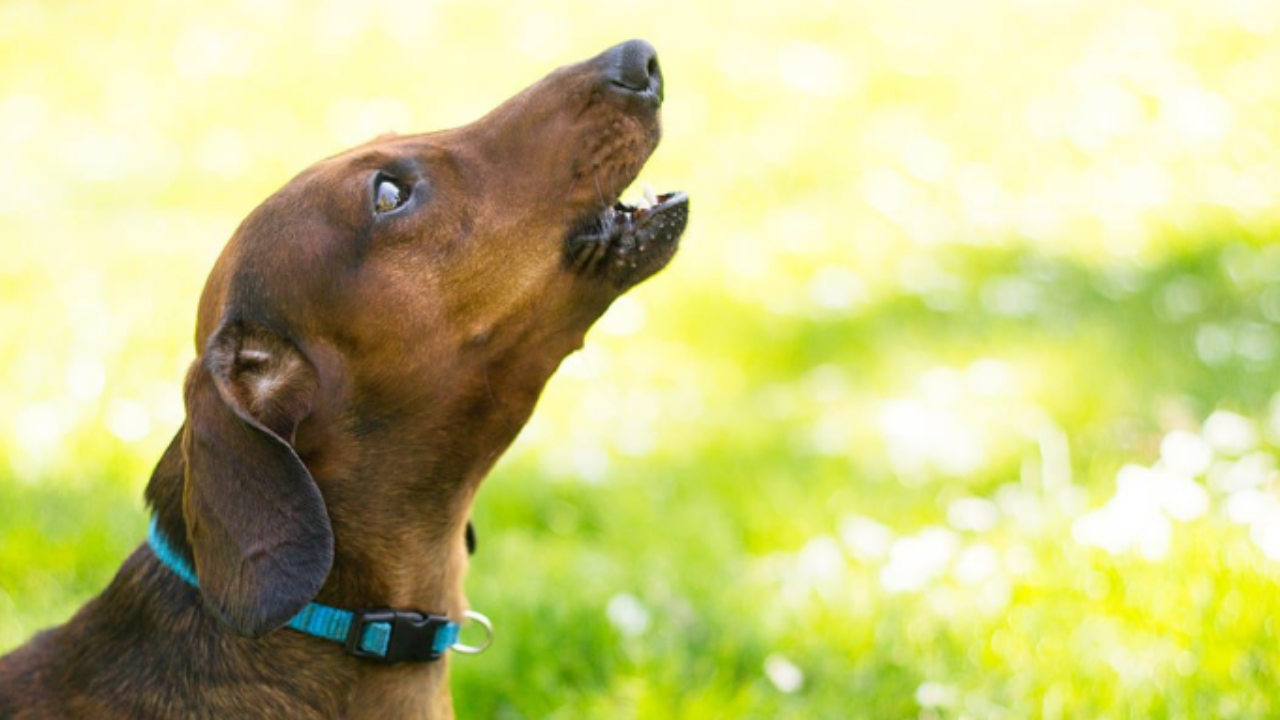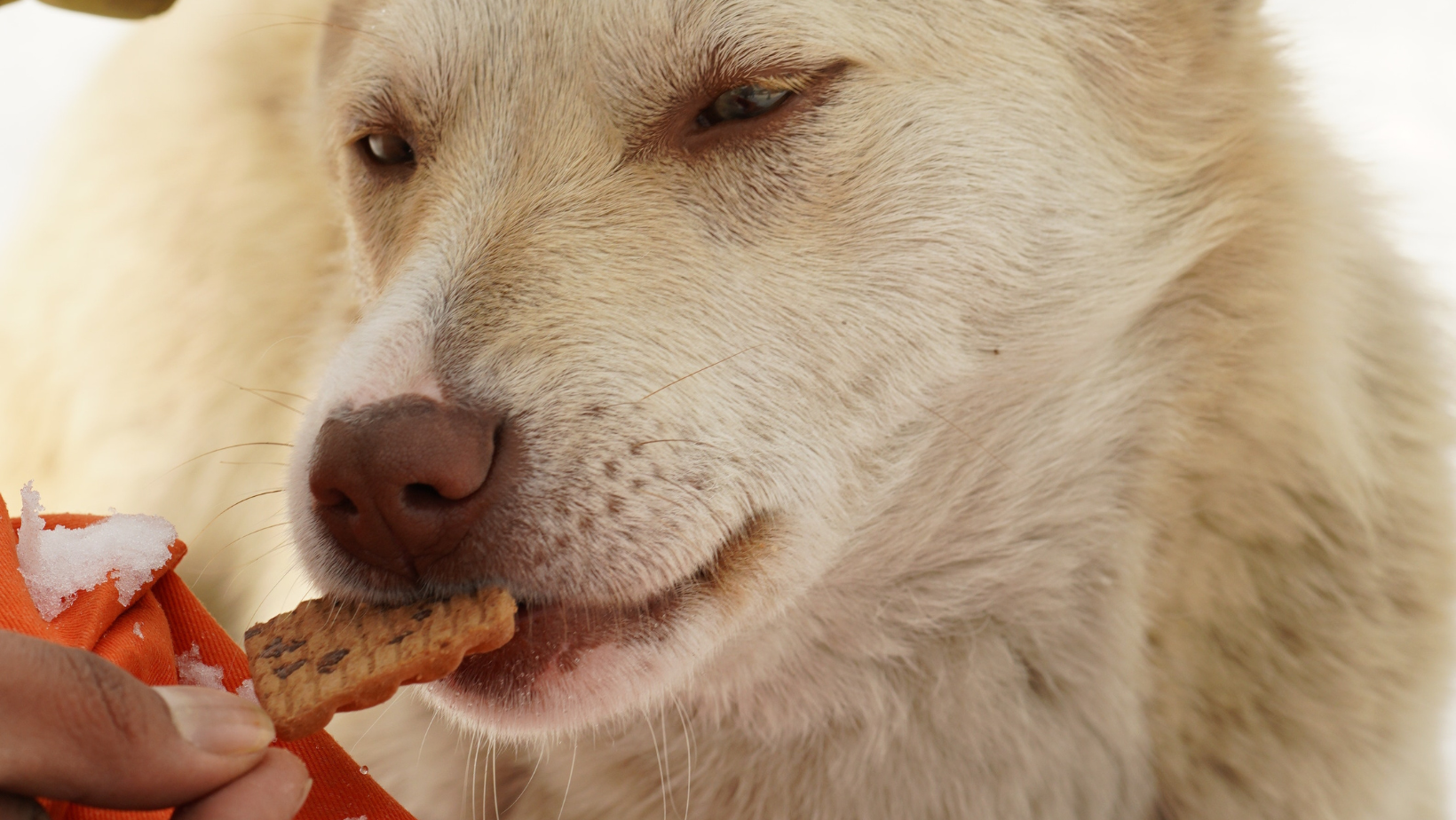Why Does My Dog Lick My Wounds?

Most dog owners have experienced it: they suffer a little skin wound, and the next thing they know, their dog is licking it. Ever questioned Why Does My Dog Lick My Wounds? Is this a natural reaction to sanitise the wound or comfort you after being hurt?
Why Do Dogs Lick Your Wounds?
Most animals and most people have an instinctual desire to treat a wound. It doesn’t take much instruction to teach a youngster that an open wound requires attention, and many kids will naturally put an injured hand or arm in their mouth as soon as it happens.
This is true for numerous species, including dogs, cats, primates, and even mice, who meticulously lick their wounds to treat them.
Therefore, the majority of canines do reflexively lick a fresh wound to clean it. Some people lick more forcefully than others, which can seriously harm the wound. Other canines simply wipe the wound and continue on. Therefore, even while caring for a fresh cut comes naturally to most dogs, how they go about it differs greatly.
Does Dog Saliva Heal Wounds?
Human society has a long-standing tradition of allowing dogs to lick wounds to speed up the healing process. It began in ancient Egypt, persisted through the Greco-Roman era, and eventually permeated popular folk culture. But does science back this up? No and yes!
Human and canine saliva both include some components that can aid in the healing of wounds. The mouth heals wounds more quickly than other parts of the body do.
Menno Oudhoff of the University of Amsterdam conducted research on this and discovered that saliva contains proteins known as histatins that have the capacity to prevent infection. Histatins can also cause skin-surface cells to assist the wound quickly cover itself, which is helpful for promoting healing.
Another pharmacologist from the London School of Medicine and Dentistry discovered that the salivary nitrite transforms into nitric oxide when it comes into contact with the skin, preventing cuts from becoming infected.
Additionally, saliva contains a protein called nerve growth factor, which has been found by University of Florida researchers to hasten wound healing.
Even more crucially, careful licking of wounds can aid in the removal of dirt and debris that might hinder healing and result in infection. The foreign object is made loose by the tongue’s mechanical movement, which causes it to cling to saliva and be washed out of the wound.
There are benefits to licking one’s wounds. However, there are certain drawbacks as well, such as infection.
Does Dog Saliva Infect Wounds?
Unfortunately, dog saliva can infect wounds. Animal mouths contain a variety of microorganisms that can infect humans and cause some serious diseases.
For instance, the bacteria Pasteurella thrives in environments lacking air, such as severe wounds. When this bacteria enters a cut, the infection may become serious enough to necessitate amputation and, in rare instances, may even be fatal.
Numerous incidents of serious consequences have been documented, one of which involved a woman who had a tiny burn that her dog had licked. As a result of the infection that was brought on, she ultimately lost all of her fingers and toes as well as a leg.
Another man’s dog’s introduction of an infection into a hand wound resulted in an acute kidney infection. Even one man who was healing from a perforated eardrum experienced meningitis after having his dog lick his ear.
So, despite the fact that saliva contains many beneficial substances that promote wound healing, letting your dog clean your wounds could lead to serious problems.
How to Keep Your Dog From Licking Your Wounds
Usually, taking care of your wounds yourself is the best method to stop your dog from licking them. If you sustain a little wound, you should clean it out right away and cover it to keep your dog from getting to it.
Medical care should be sought if the wound is more serious. When a wound has been cleaned, disinfected, and covered, most dogs are less inclined to try to lick it; instead, the “new wound” fragrance and the blood appear to be the main draws for many dogs.
You shouldn’t let your four-legged family members lick your wounds, as nice as it may seem that they are trying to help you when you are harmed. It’s likely that their assistance may end up doing more harm than good.
Dogs even have the ability to seriously aggravate their own wounds, which is why the majority of patients are given an e-collar as a “cone of shame” after surgery. Every veterinarian has encountered cases of dogs licking their own wounds, which resulted in badly traumatised and infected wounds.
The best recommendation is to let a trained person handle a minor wound the next time you receive one, and to let your dog provide moral support.
Featured Image: https://in.pinterest.com





